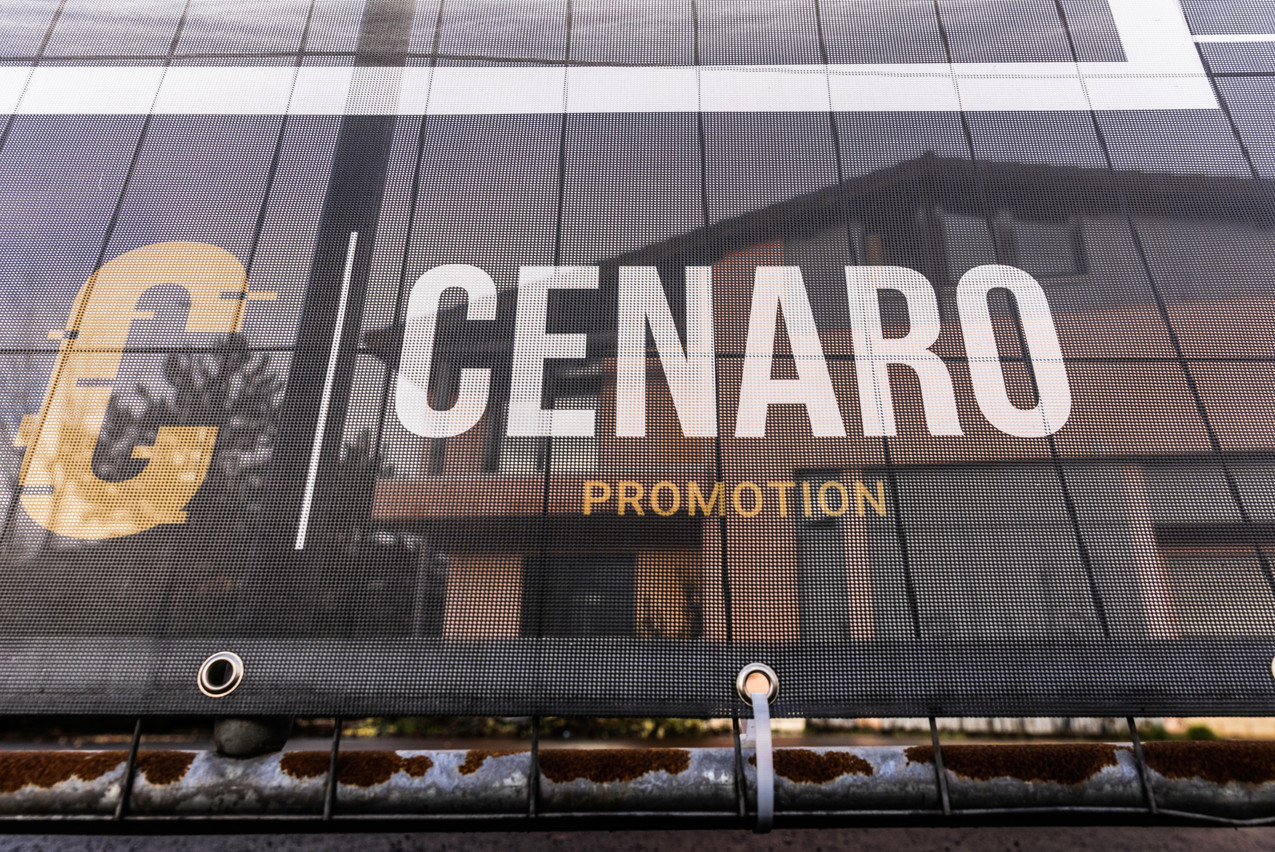“We have reached a financial situation that no longer allows us to honour our commitments and your salaries. Although I am still looking for solutions, some of which are imminent, they are unfortunately taking a long time to be formalised, despite all our efforts… This is why I wanted to inform you that I have decided to proceed with the admission of bankruptcy of Cenaro Group and Cenaro Technical Services.”
The admission is due to take place this week, Cenaro Group CEO Christophe Chevallier said in the email to his employees on Wednesday, inviting them to leave their details and hand over their IT equipment, smartphones, leased cars and fuel cards.
The group’s financial difficulties, revealed by Reporter in early December, seem to have taken an even more serious turn, as evidenced by the first bankruptcy of one of the group’s 88 structures. Indeed, on Christmas Eve, Chevallier Constructions, through which the entrepreneur had bought Villa Constructions, went bankrupt.
Cenaro Capital at the heart of the turmoil
The Frenchman, who has already removed all references to Luxembourg from his Linkedin profile, arrived in the grand duchy in 2015 with a few nice lines on his CV, from managing large fortunes at Deutsche Bank to developing a senior real estate programme at Nexity and financing tools for real estate activities at Oceanis.
It was on the basis of his experience that he decided to launch himself into property development, admitting in an interview that he wanted to set up an integrated group, from the real estate agency to the design of the flats or houses he would sell. A group in which two structures, Cenaro Capital and Ceninvest, would even compete to provide the group with the cash it would need to acquire land and finance construction until delivery to clients.
This is where the machine seems to have seized up in recent months. When a developer wants to avoid going through credit or shareholders, it can issue a financial product that can be subscribed to by professional investors. As these investors generally have more credibility than the developer, the latter obtains a lower cost cash line.
Angry investors
But when interest rates rise as much as the negative outlook for the economy, investors may either be more attentive to the risks they are taking and even try to recoup their investment, or they may be willing to venture into more profitable products indexed to the new interest rates.
And if a developer has more financing needs--for example, to increase the number of sites, even when they are potentially very profitable--it may be more difficult to find new financing or even to pay the coupons of investors who are already in the venture.
According to our information, some of these investors in the financial products of Cenaro Group--and, therefore, of Cenaro Capital, the unregulated securitisation body that provides liquidity to the group--and others have lodged complaints with the Luxembourg justice system. Some sources even mention a search of the company's premises on Friday 13 January, a search that the public prosecutor’s office would not confirm.
As a result, without new cash, there is no way to pay employees’ salaries or subcontractors. No payment to subcontractors, no work. And without work, there’s no release of the amounts owed to the final clients. A vicious cycle that leaves around 100 families waiting to get their flat or house in times of uncertainty.
“No need to panic. We must reassure them,” insisted Eurocaution’s CEO, Alessandro Rizzo, on Tuesday 17 January. His company, which covers 90% of the Luxembourg market, is concerned by a significant part of the building sites which have not been completed (or, in some cases, not even started). When questioned, he acknowledged this and called on clients to make use of the completion guarantee, once the bankruptcy is published in the commercial register. On his website, a form with frequently asked questions will be set up, which clients will have to fill in very carefully to ensure more efficient processing of files. It will be up to them to complete the work or repay the monthly loan instalments already incurred.
This article was originally published on and has been translated and edited for Delano.
